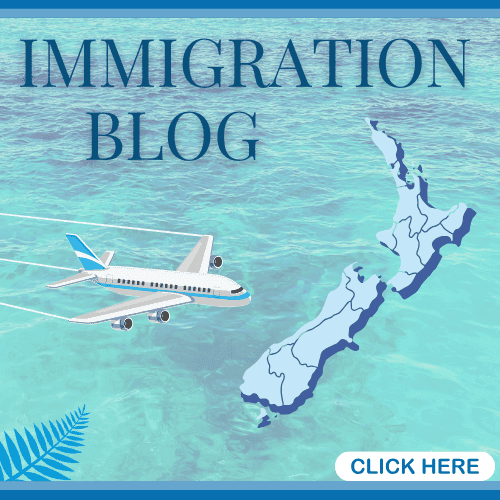We seek psychologists for these practice areas:
Immigrate to New Zealand!
Immigrate to New Zealand!
Begin your journey by visiting our psychologist's page to learn about our international recruitment services to New Zealand and our new Trans-Tasman opportunites especially for Australian and New Zealand psychologists. Also, check out our immigration blog for information about living and working in New Zealand. You will want to review our job profiles to ensure our opportunities match your career needs and to use the online tool to determine if your qualifications and training will meet our requirements. Then, if everything checks out, register your interest to start a conversation. Finally, don't miss our about us page to get to know us. If you are an employer in need of hiring psychologists, check out our staffing solutions. We look forward to assisting you.





